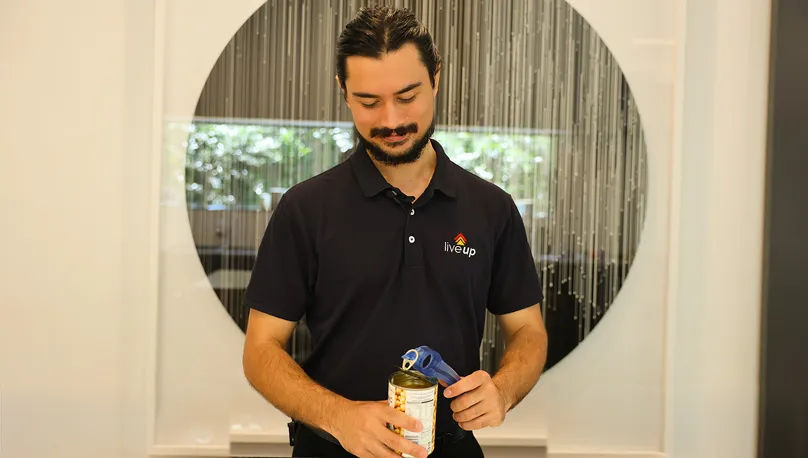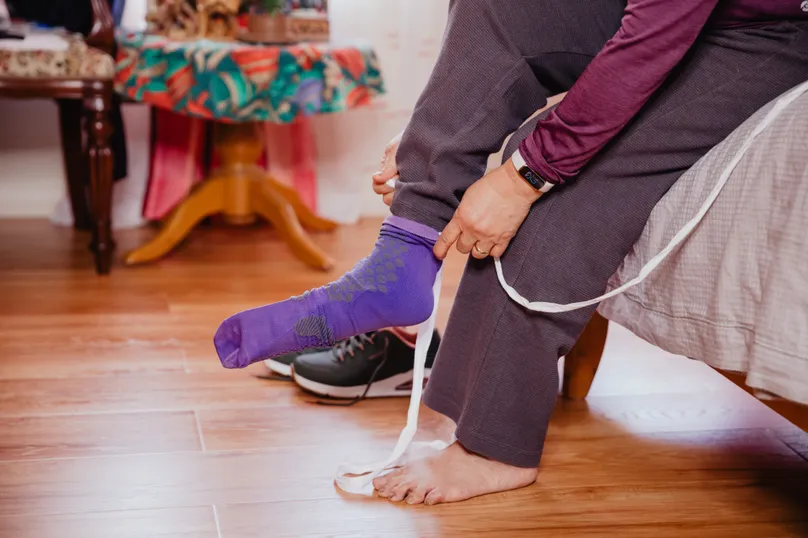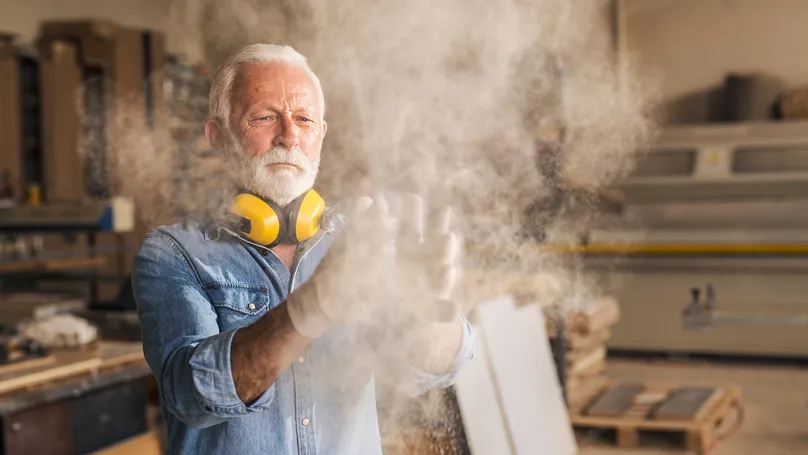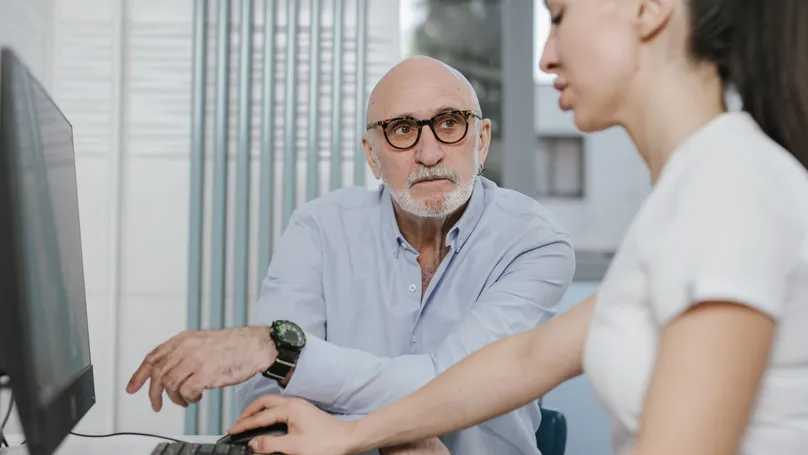Everyday tips
Take control! Explore a range of healthy ageing tips that will help you with everyday tasks both in the house and out and about.
What is an assistive product?

Most people fear losing their independence as they age. Designed to make life easier, assistive products can help you stay independent for as long as possible.
These helpful gadgets make everyday tasks easier so you can maintain your quality of life and keep doing the things you love for longer!
You can create your own peace of mind
Take charge
Research shows people fear losing their independence as they age. But you can improve your independence! Making healthy choices and using assistive products can help you regain and maintain your ability to do everyday tasks.
Feel empowered
Studies show that roughly 50% of the common problems older people have with everyday tasks can be improved. You can reduce the challenges you face by using basic assistive products or by making simple changes to your home.
Helping hands
Get the right help for you! An occupational therapist can help you find and use assistive products. A professional tradesperson can make sure changes to your home are right for you, while meeting Australian Standards.
Enjoy independence every day
You can enjoy independence everywhere and every day. Here are some helpful tips for different areas of your home to help you regain or maintain your independence. See what small changes you could make or which assistive products you could use to make life easier.

Assistive products
Check out the assistive products page where you can find out more about useful tools that help you with daily tasks. Designed to boost your independence, you can choose the products that fit your goals, tasks, and needs.
See all assistive productsSimple home modifications

What are home modifications?
Home modifications are changes made to your home that make everyday tasks easier. The aim is to reduce any barriers, pain, or difficulty so that you can enjoy your independence for longer.
You can make simple modifications to different areas of your home without having to make structural changes.
Modifications can be made to your home with the help of a qualified tradesperson.
The role of a tradesperson in home modifications
A qualified tradesperson has the expertise to help you make changes to your home.
Depending on the changes you want to make, you may use a builder, plumber, or electrician.
A tradesperson can help you with the following:
- Choosing the right materials
- Technical advice
- Abiding by building codes and Australian Standards
- Understanding the practical elements of making changes to your home
The role of allied health professionals

Allied health professionals are practitioners who have studied and trained at university. They are health experts who can help prevent, diagnose, and treat various conditions and illnesses.
Allied health professionals include occupational therapists, physiotherapists, speech pathologists, and podiatrists. You can find and book an appointment with one in your community.
You may be able to access support for their services through government programs or other sources of funding. This includes the Department of Veteran Affairs, Medicare, My Aged Care, private health insurance, and community health services. By using these programs, you may receive support for some of the cost of the appointment.
Occupational therapists
Occupational therapists (OTs) help to increase your independence at home. They might suggest changing how you do things, adjusting your surroundings, or dealing with personal issues.
If you think you need some equipment or modifications at home, an OT can help you decide what you need and where. That might include grab bars to stop falls or a shower seat for easier showers.
Before you can see an occupational therapist, it's important to speak to your doctor first. They need to review your medications and other health conditions before referring you to an OT.
Physiotherapists
Physiotherapists are experts on how bodies move and work. They can assess, diagnose, treat, and prevent disease and disability through physical movement.
By helping you recover, maintain, and improve your range of motion, physiotherapists can help you stay active. They can also help you prevent injury.
To help you stay independent, they can also suggest things like braces, canes, and walkers.
Before you can see a physiotherapist, it's important to speak to your doctor first. They need to review your medications and other health conditions before they can refer you.
Speech pathologists
As you get older, your vocal cords become less flexible, and the muscles in your throat weaken, making speaking harder. A speech pathologist works on speech, language, voice, thinking, and swallowing issues. A speech therapist can find, check, and diagnose communication problems. They help improve how you talk and understand others. They enhance your ability to do things on your own with tools that assist you.
Talk to your doctor about seeing a speech pathologist.
Podiatrists
A podiatrist is a foot expert. They diagnose, treat, prevent, and manage foot, ankle, and lower limb issues.
They can help you with foot and leg health so you can stay healthy and active. Podiatrists give advice on things like shoe inserts, orthotics, supports, and braces. They can also help you with the most suitable shoehorns, foot care, and shoes.
Talk to your doctor about seeing a podiatrist.